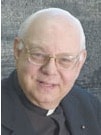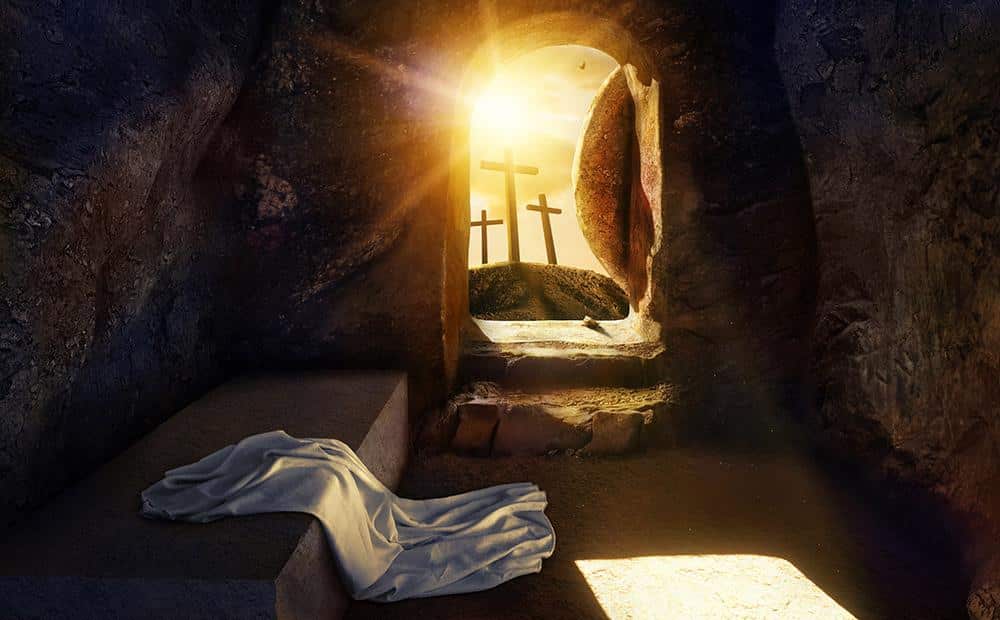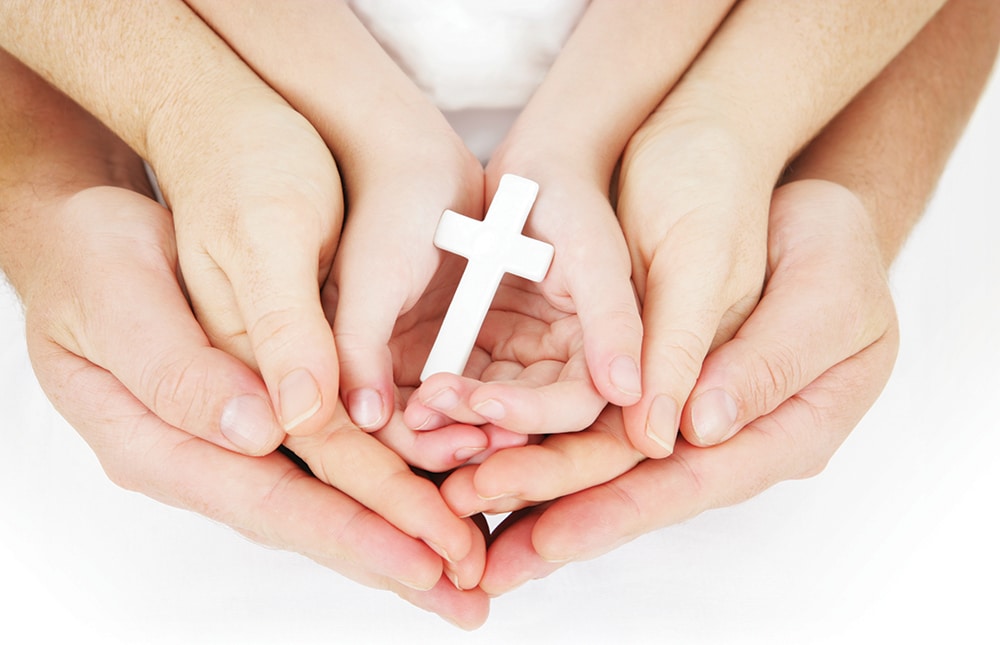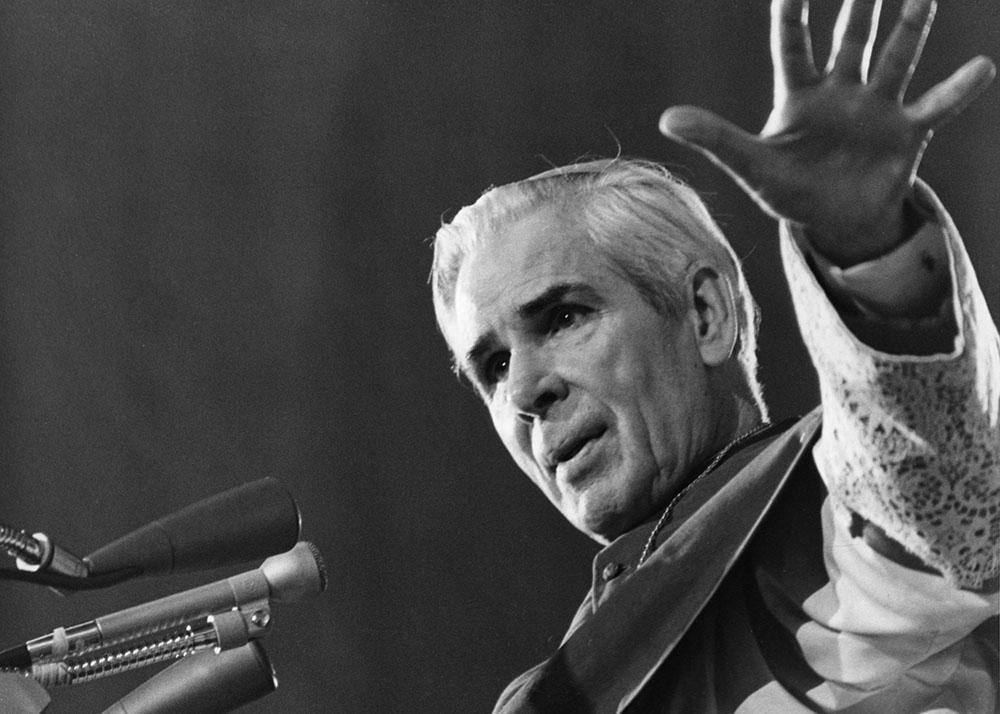 We Americans are obsessed and tunnel-visioned. Look at the newsstand in any supermarket or drugstore. I guarantee that many magazines will feature stories about the British royal family. It is easy to assume that Britain is the only hereditary monarchy left on earth. It is not.
We Americans are obsessed and tunnel-visioned. Look at the newsstand in any supermarket or drugstore. I guarantee that many magazines will feature stories about the British royal family. It is easy to assume that Britain is the only hereditary monarchy left on earth. It is not.
Actually, out of what we think of as the 10 most powerful and richest economies in the world today — the United States, Australia, Britain, Canada, China, France, Germany, Italy, Japan and Spain — half are monarchies, yet rarely do we hear of any royalty other than the British.
So, not surprisingly, when Luxembourg’s retired Grand Duke Jean died a month or so ago, the American media was silent. Still, for Catholics, the late grand duke, who was his country’s head of state from 1964 to 2000, is a splendid example of a person of true faith.
He was born in 1921. His mother, and his predecessor on the throne of Luxembourg, Grand Duchess Charlotte, a heroine in her country for her defiance of the Germans when they invaded Luxembourg in the Second World War, and his father, Prince Felix, were devout Catholics. The grand duchess was even honored three times by the Vatican for her Christian witness. Three of Prince Felix’s sisters renounced their royal titles and became nuns. When Jean was born, his parents gave him as his second name, Benedict, for Pope Benedict XV.
As a young man, Jean was married to Belgium’s Princess Josephine Charlotte, a daughter of her country’s own equally staunch Catholic royal family. She preceded him in death in 2005.
Grand Duke Jean and Grand Duchess Josephine Charlotte raised their children right, as far as religion is concerned. Jean abdicated the throne in 2000, and he was succeeded by the couple’s eldest son, Henri.
Now reigning, Grand Duke Henri surely should be an example for Catholics in public life, and with public responsibility, for many Catholics in high office at present in this country.
All went well in Henri’s tenure until 2009, when Luxembourg’s parliament voted to make euthanasia legal. In other words, if a person were too sick, too old or too impaired to enjoy life, this person could be eliminated. The Church firmly has opposed this possibility as gravely immoral. Its concerns have been verified in places where euthanasia already is legal. Bad things have happened.
At the time, Luxembourg’s constitution stated that no act of parliament could become law without the monarch’s signature. Grand Duke Henri said that, as a Catholic, he could never agree to the enactment of such a law. His reasoning was about as Catholic and as logical as it could be. If the result is immoral, so almost always are the means to that end. If the means were not there, neither would be the end. It is that simple.
Henri, knowing his country’s constitution, realized that he would be an integral part in the chain of events that would make euthanasia legal, if, of course, he consented to the parliamentary act. Faithful to what he was taught by the Church, and to what he believed, he refused his consent.
It was not universally well-received. Advocates of euthanasia, abortion and the death penalty can be quite determined. Many in Luxembourg were furious with Grand Duke Henri.
He, and the royal family, however, are very admired. His critics had to hold their horses, but the constitution was revised, and the monarch’s privileges were curtailed.
Apply the grand duke’s thinking to the record of Catholic politicians in this country and around the world, who personally disapprove of abortion but politically support it. They become the means to immoral ends.
We never hear about the exemplary Catholic royals, but thank God for them.
Msgr. Owen F. Campion is OSV’s chaplain.







